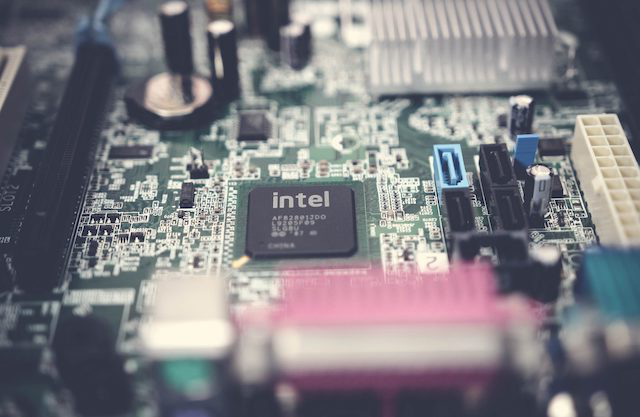Is Vietnam ready to receive new FDI wave after Covid-19?
 Prof Nguyen Mai, an expert on FDI, and chair of the Vietnam Association of Foreign Invested Enterprises (VAFIE), pointed out three problems in the picture of FDI in Vietnam.
Prof Nguyen Mai, an expert on FDI, and chair of the Vietnam Association of Foreign Invested Enterprises (VAFIE), pointed out three problems in the picture of FDI in Vietnam.
First, the scale of foreign invested projects licensed in the first four months of the year was very small.
If not counting the LNG gas-fired power project in Bac Lieu province, capitalized at $4 billion, the total newly registered FDI capital was $2.8 billion only, which means that each project had modest capital of $2.1 million.
The Hanoi Planning and Investment Department reported that the city licensed 252 projects with total registered capital of $350 million, which means the low average capital of over $1 million for each project.
Meanwhile, according to Mai, Vietnam has nearly 800,000 businesses and tens of thousands of which are ready to invest in projects capitalized at VND40-50 billion.
A question was posed about whether Vietnam still needs to attract FDI to such small industry projects if Vietnamese enterprises are capable of implementing such projects.
| It appears that local authorities do not care much about choosing foreign investors and do not think of encouraging Vietnamese enterprises to develop projects. They simply grant licenses to any investor who registers projects. |
It appears that local authorities do not care much about choosing foreign investors and do not think of encouraging Vietnamese enterprises to develop projects. They simply grant licenses to any investor who registers projects.
The second problem, according to Mai, lies in M&A. The market has been bustling since 2017 with a lot of big deals, including the sale of Sabeco to Thai investor, worth nearly $5 billion, and the sale of 6 percent of shares to the South Korean investor, worth $1billion.
However, the M&A value in the first four months of the year was just 34 percent of the same period last year and the scale was small, just $770,000 for each deal.
This was attributed to fluctuations in the stock market. However, Mai believes that the fluctuations were not big enough to affect M&A activities.
Third, Vietnam lacks projects which utilize high technologies and the ‘technologies of the future’ such as AI, Big Data and blockchain.
Meanwhile, the Party Politburo’s Resolution 50 says Vietnam has to prioritize projects using high and source technologies.
Mai said all these problems show that Vietnam is still not ready to receive the opportunities that the FDI relocation movement can bring.
Prior to that, Do Nhat Hoang, director of the Foreign Investment Agency, said Vietnam has been making hectic preparations to grab opportunities from the post-Covid-19 FDI wave.
Vietnam is continuing administration reform to improve the business environment. Technical infrastructure conditions (land, roads) and social infrastructure (hospital, school) are ready. Vietnam has also prepared the labor force (skilled workers, high-ranking managers) to satisfy investors’ requirements.
South Korea, Japan, Singapore and Taiwan are the biggest investors in Vietnam.
M. Ha
Source: https://vietnamnet.vn/en/business/is-vietnam-ready-to-receive-new-fdi-wave-after-covid-19-644152.html


 Thailand
Thailand




